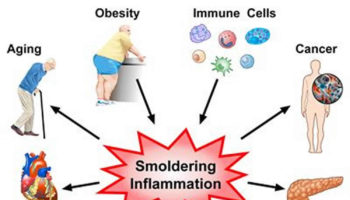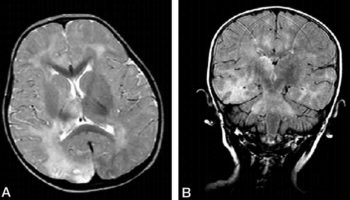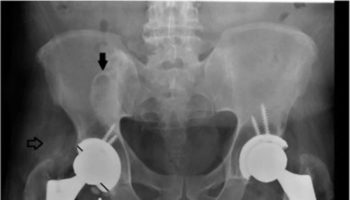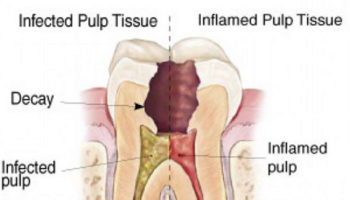Systemic inflammation Systemic inflammation is defined as “typical, multi-syndrome, phase-specific pathological process, developing from systemic damage and characterized by the total inflammatory reactivity of endotheliocytes,
Subacute sclerosing panencephalitis Subacute sclerosing panencephalitis is a fatal progressive neurodegenerative disease that is considered to be caused by the persistence of measles virus infection
Subacromial bursitis Subacromial bursitis is inflammation of the subacromial bursa, which lies between the acromion and the head of the humerus leading to extreme pain.
Sesamoiditis Sesamoiditis refers to overuse injury involving chronic inflammation of the sesamoid bones and the tendons involved with those bones. These tendons surround small disc-shaped
Sialadenitis Sialadenitis refers to the inflammation or bacterial infection of a salivary gland, usually due to an obstructing stone or salivary gland hyposecretion. Symptoms are
Stomatitis Stomatitis is an inflammation of the mucous lining of any structure in your mouth, which may involve the cheeks, gums, tongue, the inner aspect
Perichondritis Perichondritis is an infection of the skin and tissue surrounding the cartilage of the outer ear (pinna). Cartilage is the stiff but flexible material
Metallosis Metallosis is defined as aseptic fibrosis, local necrosis, or loosening of a prosthetic device secondary to metal corrosion and release of metallic wear debris
Pulpitis Pulpitis is inflammation of the dental pulp resulting from untreated caries, trauma, or multiple restorations. The dental pulp contains the blood vessels, the nerves
Ileitis Ileitis also called terminal ileitis, is an inflammation of the ileum, the last part of the small intestine that joins the large intestine. Ileitis symptoms









